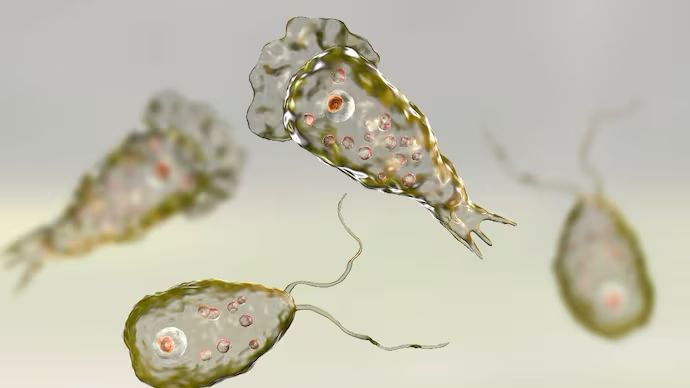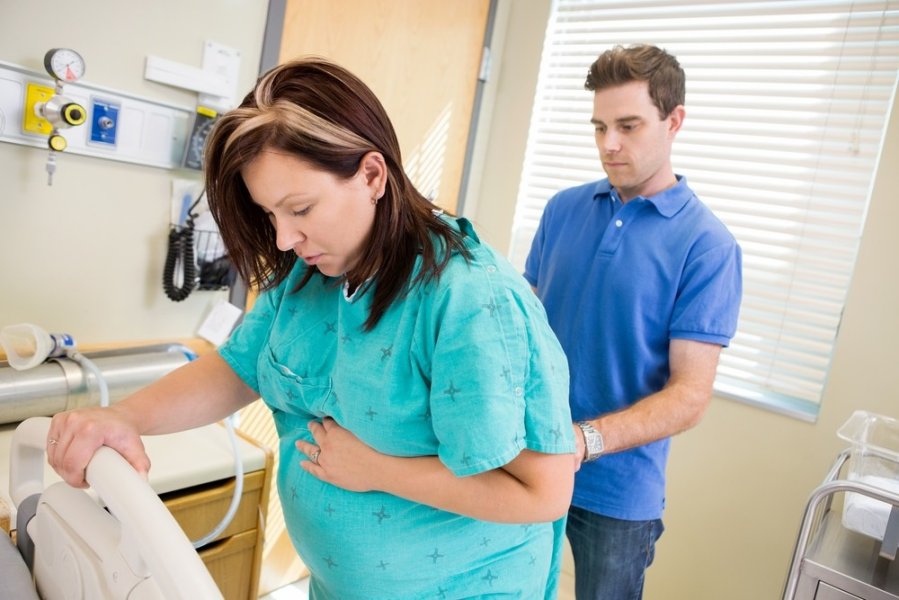Kerala battles “brain-eating amoeba” outbreak; 19 deaths so far spark political uproar

Thiruvananthapuram, Kerala — September 18, 2025 Kerala is facing a serious health challenge following an outbreak of Primary Amoebic Meningoencephalitis (PAM), caused by the "brain-eating" amoeba Naegleria fowleri. As of September 2025, 19 people have died in the state due to this rare but rapidly fatal infection. The deaths include vulnerable individuals across age groups, including infants and middle-aged adults. Health authorities are on high alert. The infection typically enters the body through the nose when people are exposed to warm freshwater bodies—lakes, rivers, hot springs—or unchlorinated or poorly filtered water sources. Once inside, it travels to the brain, causing inflammation, destruction of brain tissue, with symptoms like fever, headache, nausea, vomiting, stiff neck, progressing swiftly to seizures, coma, and death if not treated early. Kerala’s public health system is under pressure not just for treating PAM cases but also for raising awareness and preventive action. The government has issued urgent advisories urging people to avoid swimming or bathing in stagnant or warm freshwaters, use nose-clips in recreational water activities, and ensure proper hygiene and chlorination of water sources. Hospitals have been asked to be vigilant in early detection and management. One key development in Kerala’s fight has been the use of miltefosine along with other supportive therapies. This drug, known for its anti-amoebic properties, is being administered early in suspected cases, which health experts believe has improved survival rates compared to global averages (where PAM is almost always fatal within a few days of symptom onset). Kerala’s approach combines better diagnostics, early drug intervention, supportive care, and public health outreach. The outbreak has triggered political fallout. In the Kerala Assembly, the opposition has moved an adjournment motion, accusing the state government (led by the LDF) of failing to adequately warn people, especially in local communities, and of neglect in public health management. Concerns include lapses in awareness at village levels and possible neglect of water safety infrastructure. The opposition claims rising cases of other waterborne illnesses—dengue, leptospirosis, typhoid, diarrhoeal diseases—point to systemic issues. Environmental and healthcare experts are calling for long-term measures: better water monitoring, stricter regulation of public water bodies, upgrading public health lab and diagnostic facilities, community education programmes, and ensuring first-line healthcare centres are equipped to identify and respond to PAM and similar outbreaks. With monsoons receding, there is hope that incidence may fall—but the window for exposure remains in places with poor sanitation or stagnant water. For now, Kerala is marshaling resources, raising alerts, and grappling with both the human and political implications of this outbreak.




